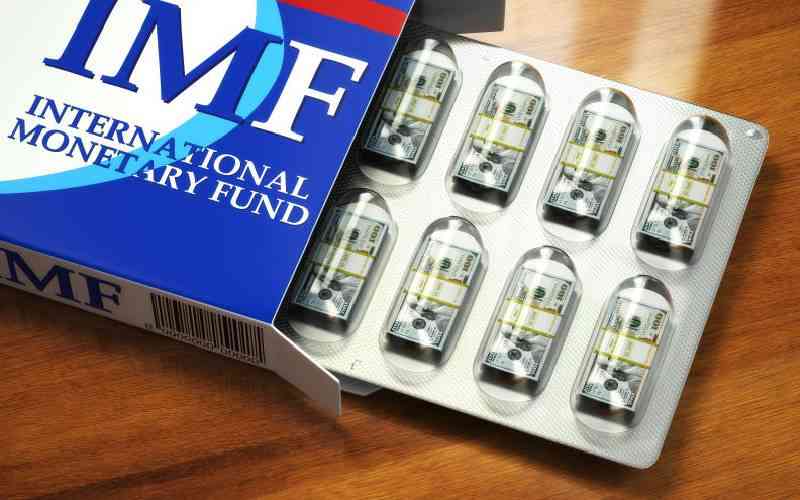×
The Standard e-Paper
Stay Informed, Even Offline

The board of the International Monetary Fund (IMF) is tomorrow expected to approve the release of Sh53.2 billion to cash-strapped Kenya for budgetary support and the fight against drought.